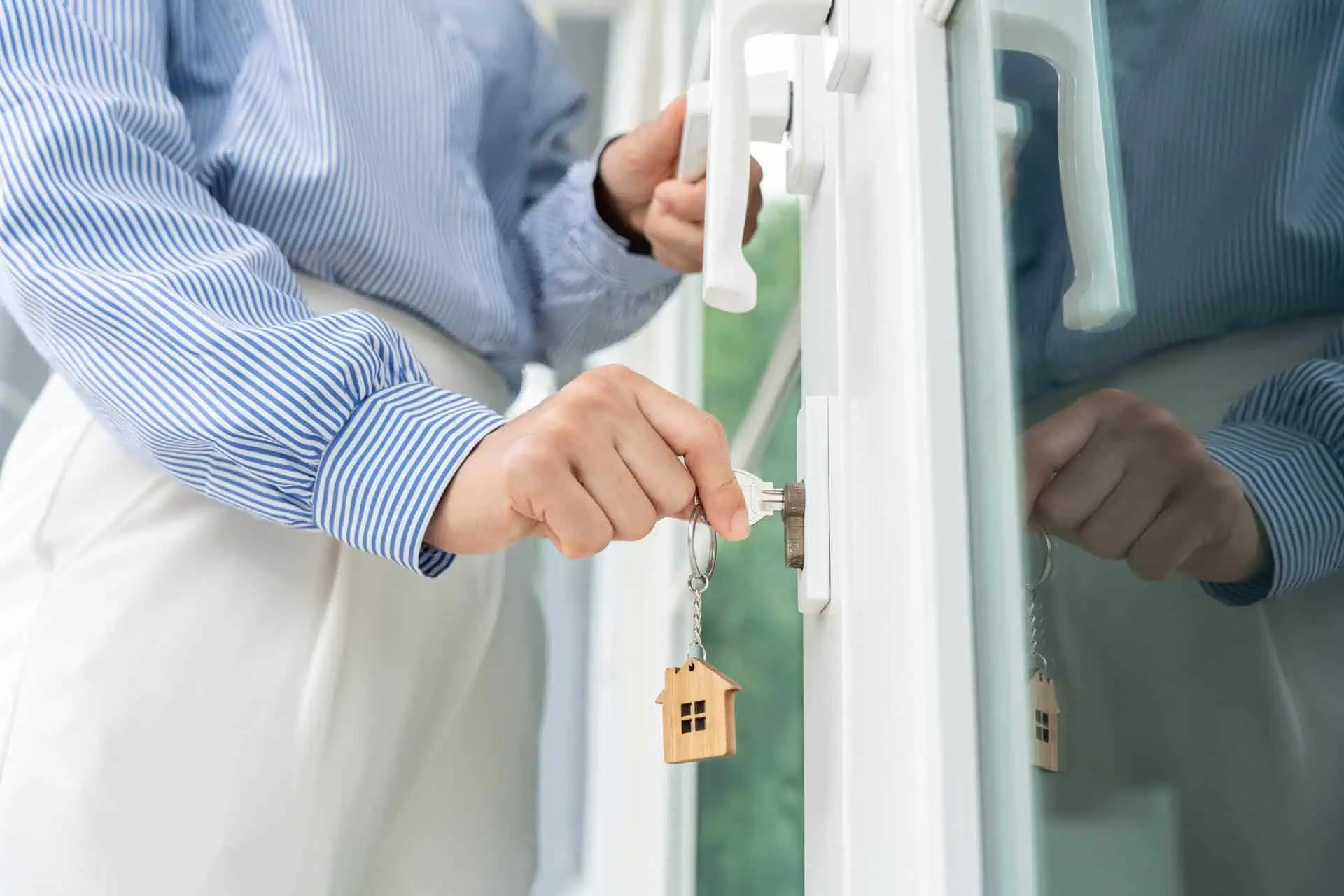Get a Landlord Insurance quote from our Texas experts
Elevate Protection Group, LLC
What is landlord insurance?
Landlord insurance is a specialized insurance policy designed for property owners who rent out their properties. Unlike standard homeowners insurance, which primarily covers the owner’s personal residence, landlord insurance is tailored to address the unique risks associated with renting out a property. The policy is structured to provide financial protection in case of damage, theft, or legal claims related to the rental property.

What risks are covered under landlord insurance?
Landlord insurance typically provides coverage for both the physical property and the liabilities associated with owning rental property. Here are the key areas covered by a standard landlord insurance policy:
- Dwelling Coverage: This covers the physical structure of the rental property, including the walls, roof, and foundation. If the property is damaged due to a covered event like a fire, storm, or vandalism, this coverage helps pay for repairs or rebuilding.
- Personal Property Coverage: This protects the property owner’s personal belongings within the rental property, such as appliances, furniture, and fixtures that belong to the landlord. For example, if a stove or refrigerator that you provide for the rental unit is damaged or stolen, this coverage helps cover the cost of repair or replacement.
- Liability Protection: Landlord liability insurance protects you if someone is injured on your rental property and holds you responsible. For example, if a tenant or visitor slips and falls on a wet floor and sustains injuries, liability insurance can help cover medical expenses, legal fees, and any resulting claims or lawsuits.
- Loss of Rental Income: If your rental property becomes uninhabitable due to a covered event (such as fire or storm damage), loss of rental income coverage compensates you for the income you would have earned from renting the property. This coverage ensures you can continue to cover expenses, such as mortgage payments or property taxes, while the property is being repaired.
- Vandalism and Theft: If your rental property is vandalized or your property is stolen by tenants or intruders, your landlord insurance can cover the cost of repairs or replacement. This coverage protects you against financial loss resulting from criminal activity or tenant damage.
Get a Quote
Provide us with your details, and we'll create a personalized quote designed specifically for your Landlord Insurance needs.

Do I need landlord insurance for a short-term rental?
Yes, if you rent out your property as a short-term rental, such as through Airbnb, you should consider getting landlord insurance. While some platforms like Airbnb offer limited coverage for damage caused by guests, this protection may not cover all the risks associated with short-term rentals. Landlord insurance provides broader coverage, such as protection for property damage, liability, and loss of rental income. Additionally, many standard landlord policies can be tailored for short-term rentals to cover specific risks like guest-related accidents. Always check with your insurance provider to ensure your policy includes coverage for short-term rentals or if you need to add a rider for this type of use.
How can owners get landlord insurance in Texas?
Reach out to the independent agents at Elevate Protection Group for a fast quote on landlord insurance in Texas and ensure your rental property is fully protected. Our team specializes in helping property owners find the right coverage to safeguard their investment, whether you’re renting out a single home, duplex, or multi-unit property. We work with top-rated insurers to offer competitive rates and tailored solutions to meet your specific needs. Contact us today to get started and enjoy peace of mind knowing your property and income are secure.

Get a Quote
Share your details with us, and our team of friendly agents will be in touch with you soon!

